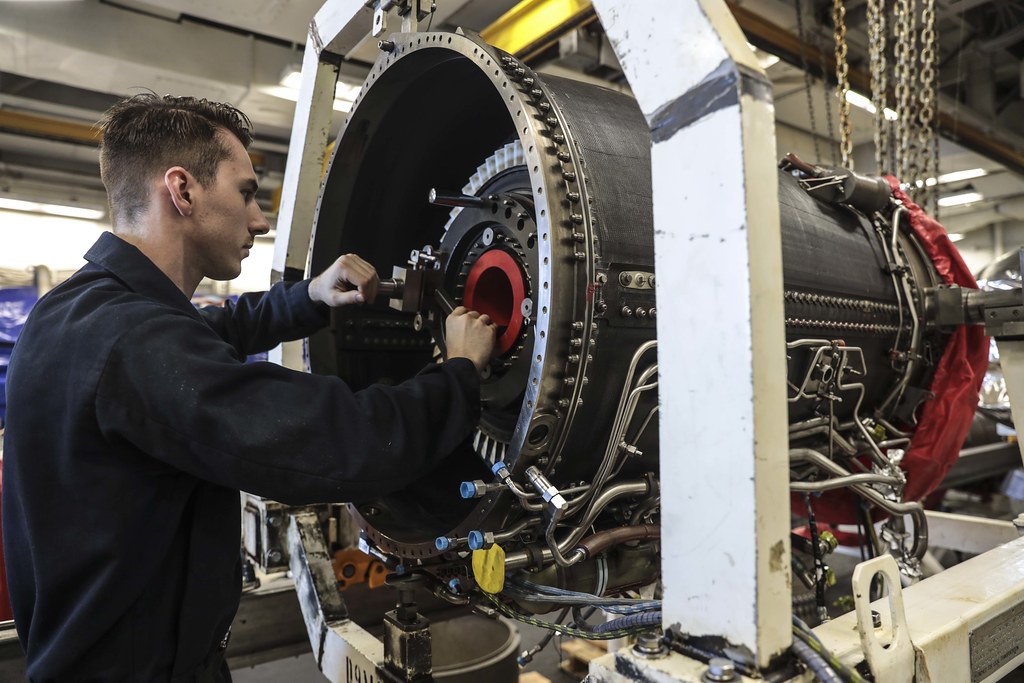Human Factors in Maintenance

About Course
Explore the Critical Role of Human Factors in Maintenance with Our Specialized Course
Welcome to our in-depth course on “Human Factors in Maintenance,” designed specifically for professionals in the aviation maintenance sector, including technicians, engineers, maintenance managers, and safety officers. This course provides a comprehensive understanding of how human factors influence maintenance activities, with a focus on enhancing safety, reliability, and efficiency in aviation operations.
Course Overview
Human factors play a pivotal role in aviation maintenance, directly impacting the quality, safety, and effectiveness of aircraft upkeep. Understanding these factors is essential for any professional involved in maintenance tasks. Our course offers insights into the psychological, physical, and environmental elements that affect human performance in maintenance settings, including a detailed exploration of the ‘Dirty Dozen’ in aviation maintenance – the twelve most common factors that lead to errors in the maintenance sector.
What You Will Learn
- Fundamentals of Human Factors: Delve into the basic principles of human factors in aviation maintenance.
- The ‘Dirty Dozen’ in Aviation Maintenance: Comprehensive coverage of the ‘Dirty Dozen’ – key factors such as lack of communication, complacency, lack of knowledge, distraction, and more.
- Error Management: Learn about common types of errors in maintenance and strategies for managing and reducing them.
- Communication and Teamwork: Explore effective communication techniques and teamwork dynamics crucial for maintenance safety.
- Work Environment and Ergonomics: Understand how the work environment and ergonomic factors can impact maintenance tasks.
- Stress and Fatigue Management: Discover ways to manage stress and fatigue to minimize their impact on maintenance activities.
- Decision-Making and Problem-Solving: Gain insights into decision-making processes and problem-solving skills in maintenance scenarios.
- Safety Culture in Maintenance: Learn about fostering a positive safety culture within maintenance teams.
- Case Studies and Real-World Applications: Apply theoretical knowledge to real-world situations, enhancing practical understanding and skills.
Why Choose This Course?
- Expert Instructors: Our trainers bring years of experience in aviation maintenance and human factors.
- Interactive Learning Experience: Engage in interactive sessions and hands-on exercises for practical application.
- Industry-Relevant Curriculum: Stay updated with the latest industry practices and regulations.
- Professional Development: Enhance your career prospects and contribute to safer maintenance practices in your organization.
Embark on Your Learning Journey
Whether you are new to the field or seeking to enhance your existing knowledge, our “Human Factors in Maintenance” course offers the expertise you need to excel in this critical aspect of aviation safety, with special emphasis on understanding and addressing the ‘Dirty Dozen’ in maintenance.
Enroll Today
Take the first step towards mastering human factors in aviation maintenance and join us on this enlightening journey. Register now and contribute to higher standards of safety and efficiency in your maintenance role.
